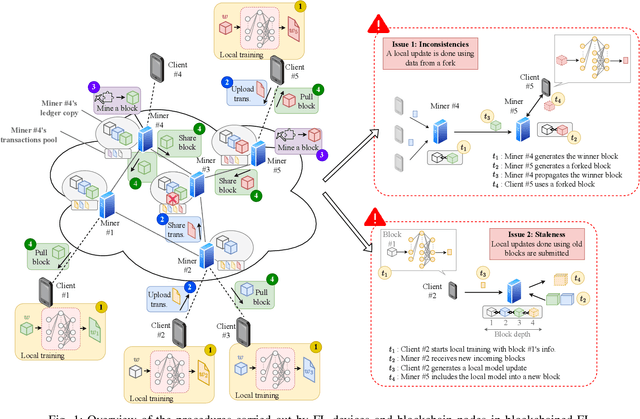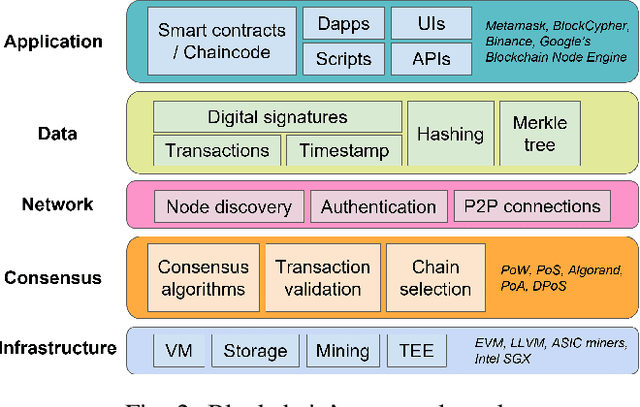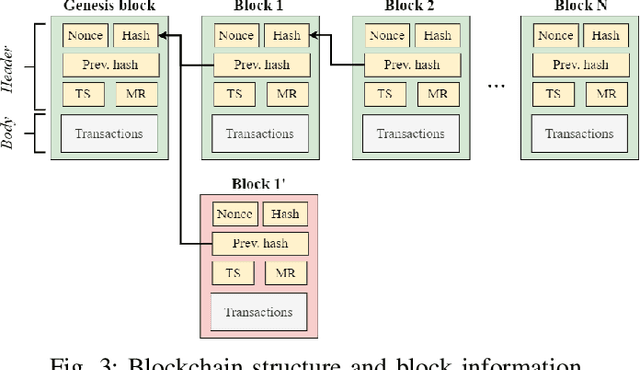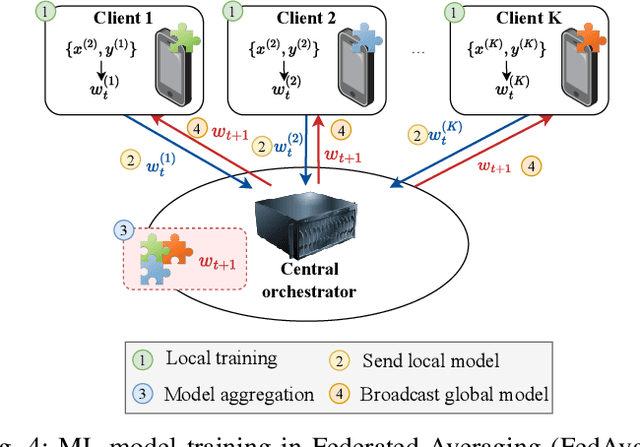Nima Afraz
subMFL: Compatiple subModel Generation for Federated Learning in Device Heterogenous Environment
May 30, 2024Abstract:Federated Learning (FL) is commonly used in systems with distributed and heterogeneous devices with access to varying amounts of data and diverse computing and storage capacities. FL training process enables such devices to update the weights of a shared model locally using their local data and then a trusted central server combines all of those models to generate a global model. In this way, a global model is generated while the data remains local to devices to preserve privacy. However, training large models such as Deep Neural Networks (DNNs) on resource-constrained devices can take a prohibitively long time and consume a large amount of energy. In the current process, the low-capacity devices are excluded from the training process, although they might have access to unseen data. To overcome this challenge, we propose a model compression approach that enables heterogeneous devices with varying computing capacities to participate in the FL process. In our approach, the server shares a dense model with all devices to train it: Afterwards, the trained model is gradually compressed to obtain submodels with varying levels of sparsity to be used as suitable initial global models for resource-constrained devices that were not capable of train the first dense model. This results in an increased participation rate of resource-constrained devices while the transferred weights from the previous round of training are preserved. Our validation experiments show that despite reaching about 50 per cent global sparsity, generated submodels maintain their accuracy while can be shared to increase participation by around 50 per cent.
The Implications of Decentralization in Blockchained Federated Learning: Evaluating the Impact of Model Staleness and Inconsistencies
Oct 11, 2023



Abstract:Blockchain promises to enhance distributed machine learning (ML) approaches such as federated learning (FL) by providing further decentralization, security, immutability, and trust, which are key properties for enabling collaborative intelligence in next-generation applications. Nonetheless, the intrinsic decentralized operation of peer-to-peer (P2P) blockchain nodes leads to an uncharted setting for FL, whereby the concepts of FL round and global model become meaningless, as devices' synchronization is lost without the figure of a central orchestrating server. In this paper, we study the practical implications of outsourcing the orchestration of FL to a democratic network such as in a blockchain. In particular, we focus on the effects that model staleness and inconsistencies, endorsed by blockchains' modus operandi, have on the training procedure held by FL devices asynchronously. Using simulation, we evaluate the blockchained FL operation on the well-known CIFAR-10 dataset and focus on the accuracy and timeliness of the solutions. Our results show the high impact of model inconsistencies on the accuracy of the models (up to a ~35% decrease in prediction accuracy), which underscores the importance of properly designing blockchain systems based on the characteristics of the underlying FL application.
 Add to Chrome
Add to Chrome Add to Firefox
Add to Firefox Add to Edge
Add to Edge